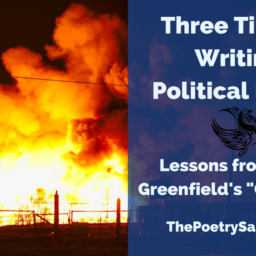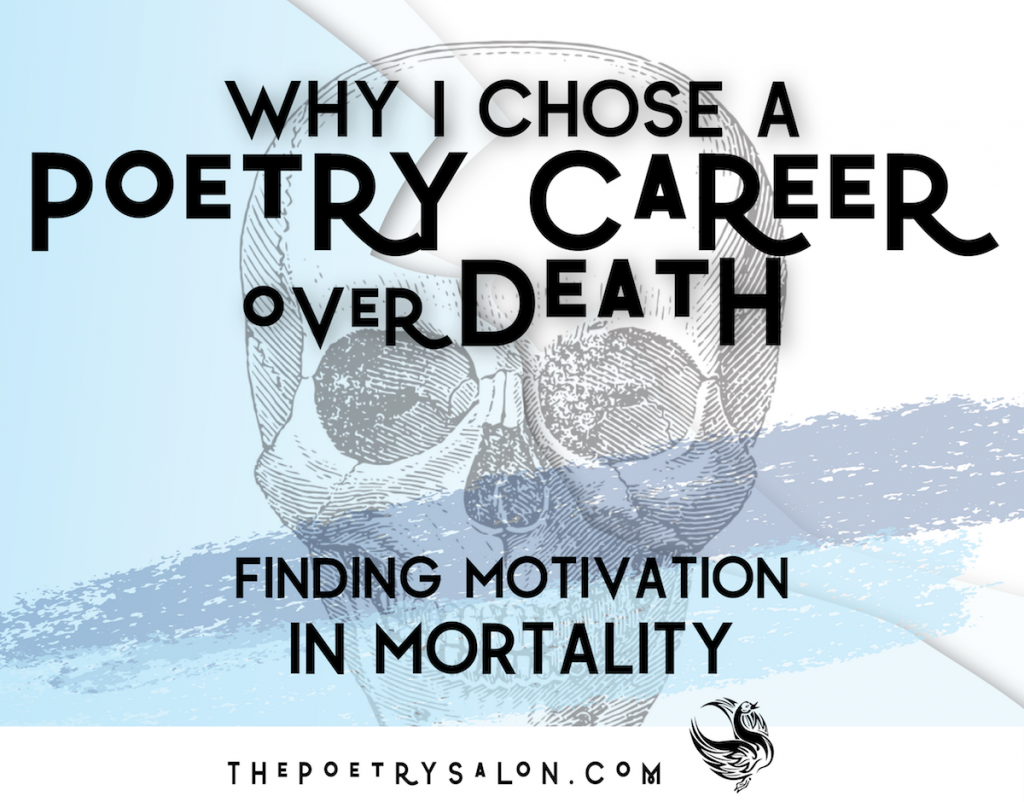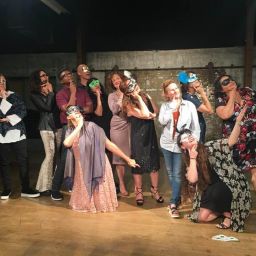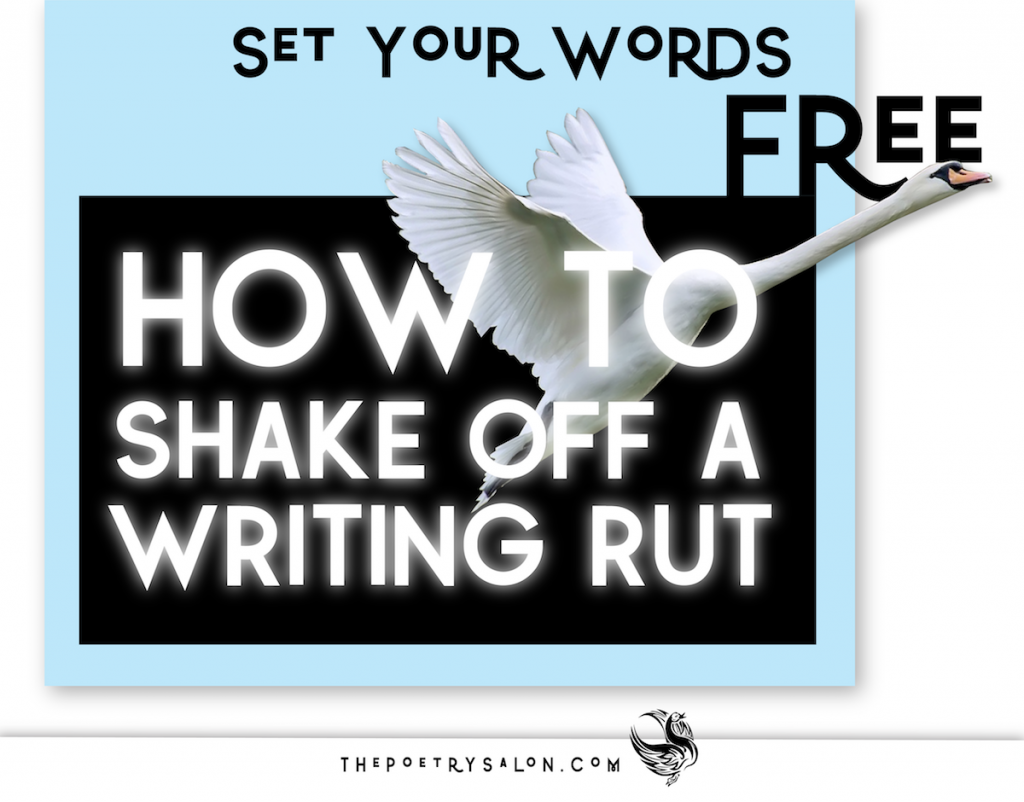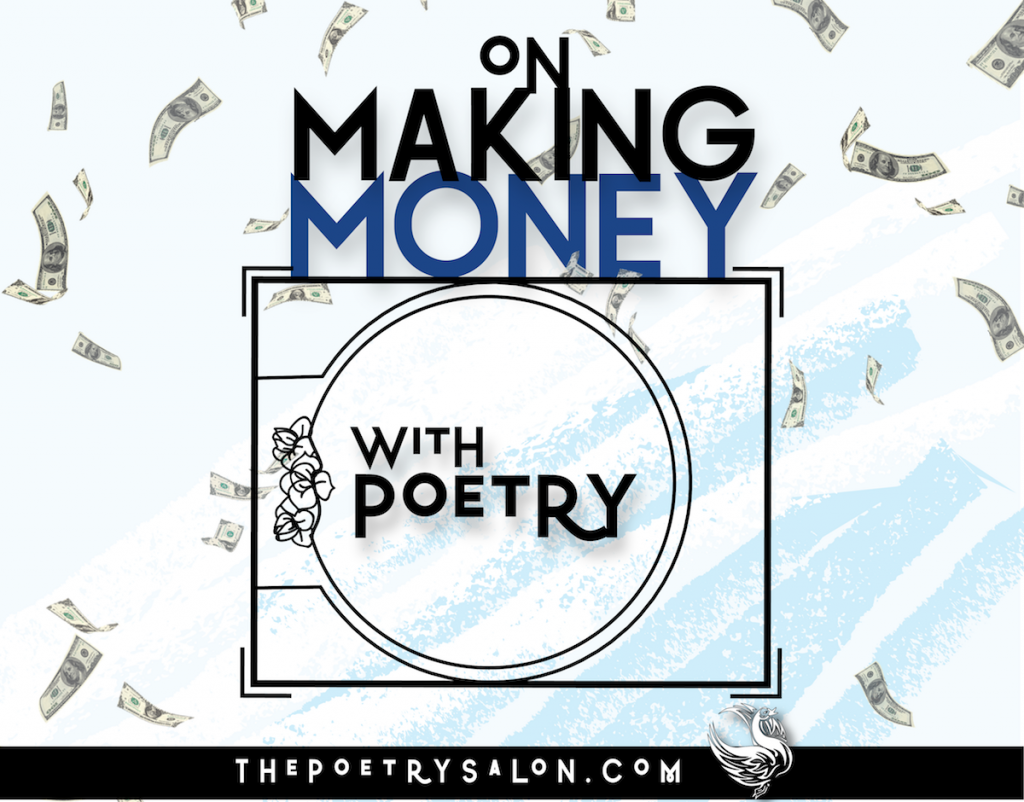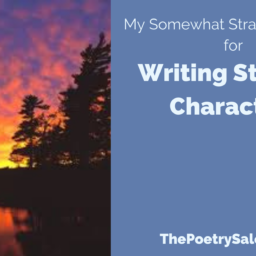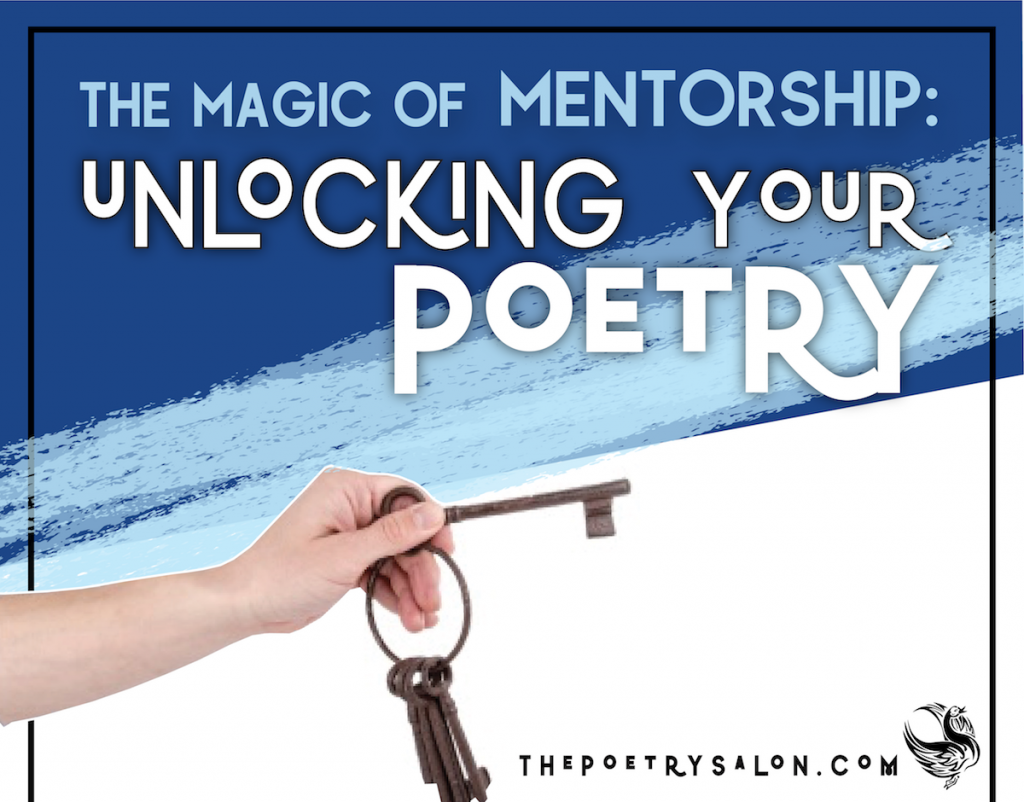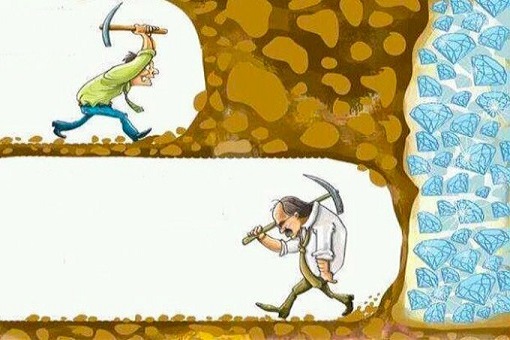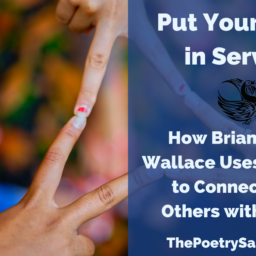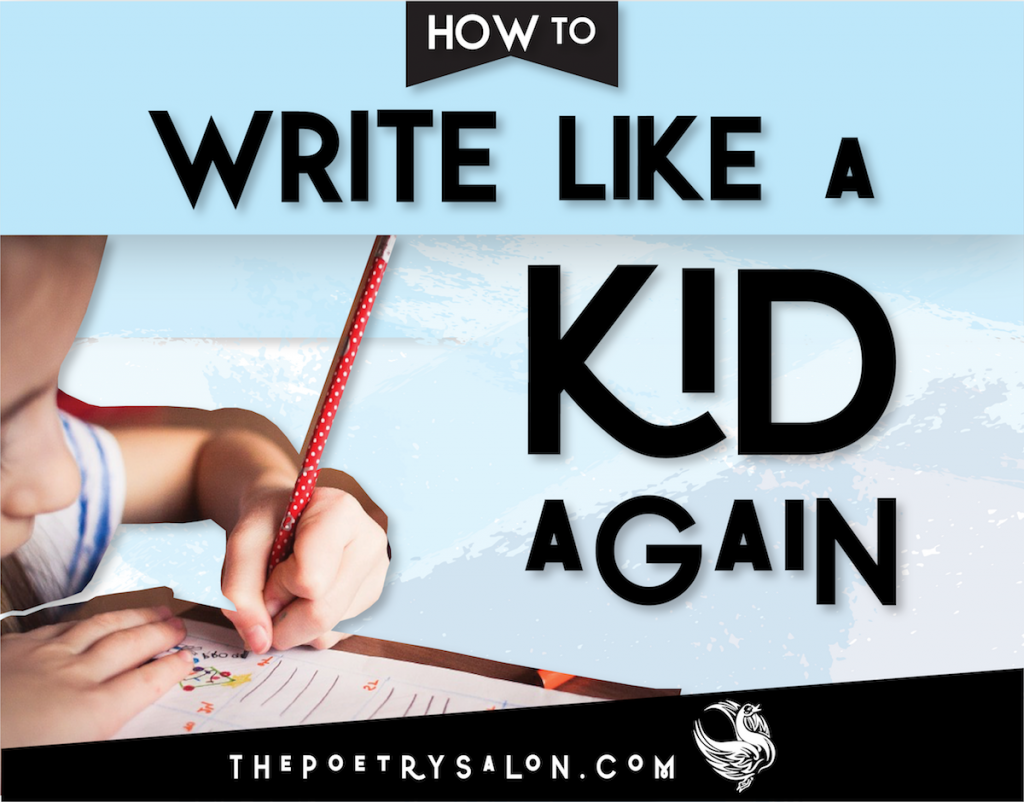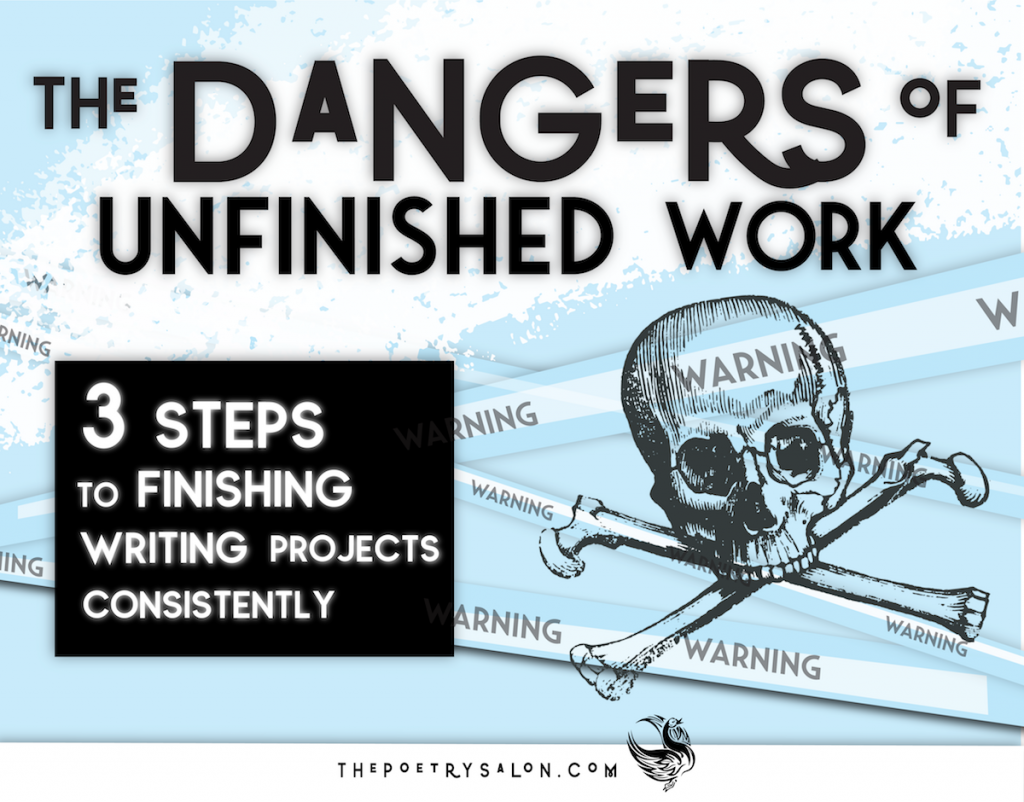It is hard to overstate the effect that working with Kim Addonizio had on me as a poet.
I was a lonely young adult. I had found the enthusiasm to write, but no technique, no structure. After work I sat in a bean bag chair in my one-room studio and watched the Daily Show until I had rested up enough to avoid my writing. Then I walked around the neighborhood at night.
I could smell the onion rings frying in vats of oil at the Red Robin across the street. Everything smelled like deep-frying or exhaust from the cars. Everything smelled like heat in the summer and petrichor in the fall.
I padded the sidewalks looking at stars through the cottonwood and eucalyptus, over the supermarket and Target. All I wanted was a friend. Someone or something to keep me busy in the great cosmic aloneness of night.
Around Christmastime I got jilted by a potential lover, so I did what anyone would do. I decided to get revenge by becoming a famous poet. That meant I needed to study with someone who could help me reach the kinds of heights that would get me noticed. I was delighted that Kim accepted me into her workshops. She doesn’t take everybody.
I wanted to impress her. Kim’s workshops were in her house – a lovely living room that I think overlooked the water or some chasm of darkness (they were night classes). Her walls were dotted with framed poems. We sat on her plush red sofa with a cat named Vincent after Edna St. Vincent Millay. The women in the workshop had more work published than I had, and I’ll be frank in saying I was intimidated. She had tattoos.
So for the first few weeks I brought in only my best work. Kim would look at it kindly and make remarks like, “Hey, maybe cut the last three lines, but then I think it’s ready.” After a while I started feeling bolder. I felt I had proven myself to her and the group, so maybe I could stop proving myself and actually learn something. Get some work. That’s when I started bringing in some of my messier writing; poems that had one or two good lines or an interesting concept, but that just weren’t working. I wanted to see how Kim could help me with such a mess. I wanted to see what poetry could do with the mess of my life.
I think I was expecting that a famous poet like her would re-write my poems for me, making them strong and shiny and worthy of attention. To my surprise, she was much less editorial than some of the teachers I had already worked with. She rarely told me what to do or made suggestions on individual lines. She rarely made slashes with a red pen or told me what my poems were supposed to be about. Her workshops were more about finding what Kim often called “The Heart of the Poem.”
As an editor myself, and a constant student of many classes, I often find that some teachers I work with will jump into line edits. They want to get to the musicality of each line or try to make improvements on the verbiage that the writer has brought in. They see what is already there, and think that’s all there is. They really will try to take their students’ poems apart and rewrite them according to their own taste.
But Kim’s workshops raised the bar for me, not just about the use of language and individual lines, but about the real foundation of a poem. You can call it the heart, or the voice, or the approach or the angle. This approach went beyond massaging the existing stanzas. She wasn’t a line-by-line editor. She didn’t do superficial feedback either.
Kim would never tell anyone what to do with a poem. I remember one night her telling me “This one line is really amazing. It’s so good. It is just delicious.” Then with a pause “Try starting over with that line and write some more like it that are equally as good.”
Some people find this frustrating. Some find it exhilarating. For me, I’ve always found it an invitation to go deeper in my writing, to find what is real and to cut out everything that’s not.
I was so excited about how good that one line was I drove home as if on a cloud thinking about how much fun I would have writing more like it. I didn’t even think about the other 20 – 30 lines I had just been told I needed to cut. And this willingness to look for the deeper voice, the deeper meaning, or maybe just the more powerful voice has helped me abandon bad starts and write stronger poems that grow from a stronger core. It’s the lesson, of the many, many things I’ve learned from Kim, that has helped me grow the most as a poet, and I invite you to start using this approach in your writing too.
In our interview with Kim she told us about a similar situation she had trying to find the right approach for a poem, and how, along the way she had to abandon many false starts, scrapping the poem entirely and starting over, looking for the right voice. “It’s not even about finding my own voice,” she says, “but about finding the voice of the poem; what the poem wants to be.”
Prompt: For this exercise I invite you to take a “failed” or difficult poem you’ve been working on, and scrap everything you’ve written so far. Now, think of whatever you were trying to get across and try writing it/re-writing the same poem but with an entirely different voice. If you were trying to write something romantic and lyrical before, try being ballsy and mean. If you were trying to be reasonable, be unreasonable. Try something different and see where it leads.

